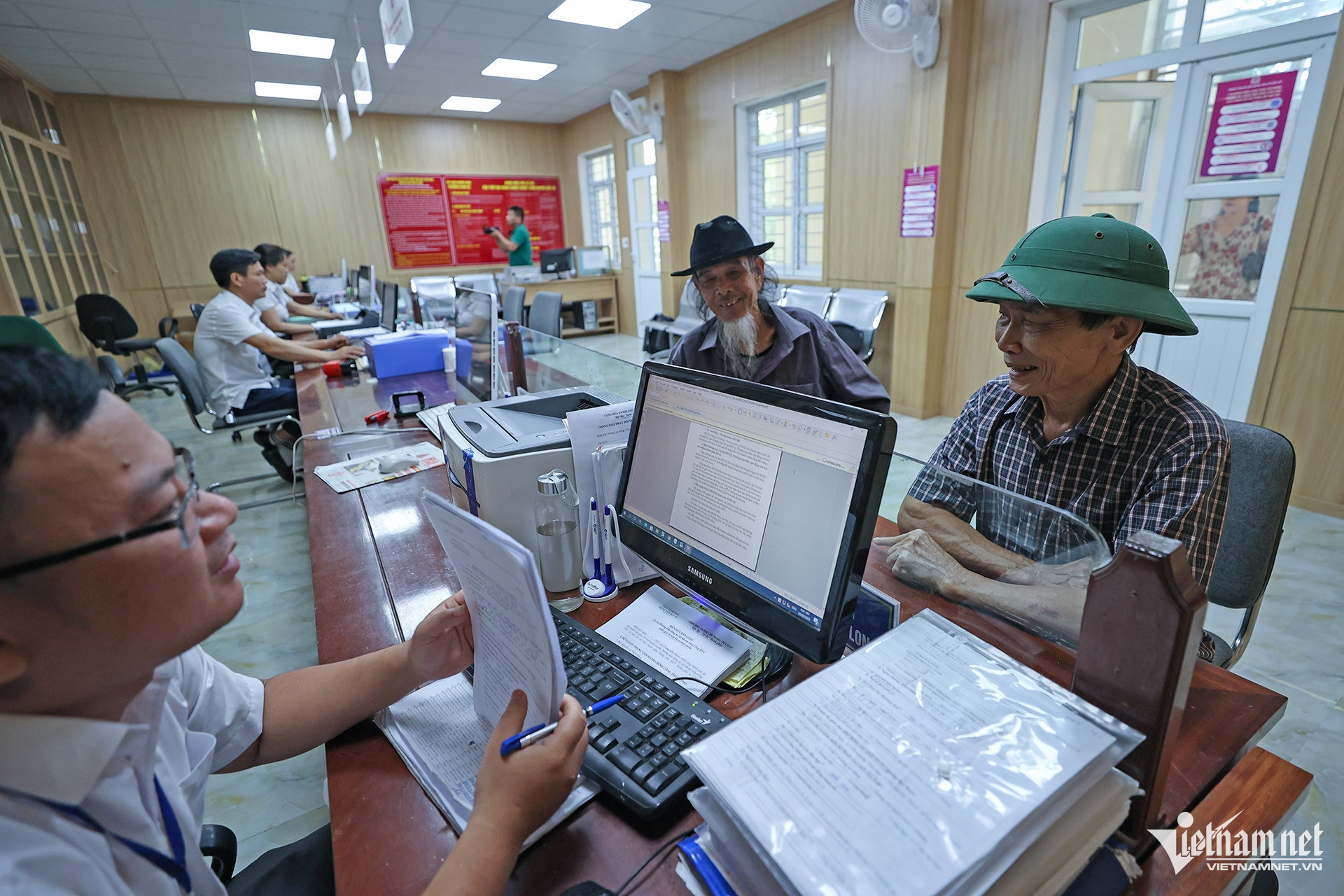
Streamlining the state apparatus is a bold push by the Party and Government. New plans aim to cut provinces from 63 to 34, nearly half the current count.
This means that some provinces will see their populations double or triple, demanding far higher standards from new provincial leaders.
Avoid local bias
Le Nhu Tien, a 13th National Assembly deputy (former vice chair of the Culture, Education, Youth, and Children Committee), sees this as more than administrative reform; it’s a political breakthrough for a leaner, sustainable system.
Tien said Directive 35/TW from the Central Committee sets clear, quantified standards for picking leaders based on ability and character, not vague ideals. It’s both a principle and a guide for future cadre work.
Criteria are now detailed, with requirements on education, and practical experience, to task performance. Tien insists: “If quantified tasks aren’t met, leaders must pledge to step aside, not cling to power.”
Competence is no longer a general concept, but is measured by “the ability to complete assigned tasks at the maximum level, not just the minimum”. Education, reputation, health and actual work results are also key factors.
The selection of leaders has been requested by the Central Committee to be reviewed early and from afar, and to re-evaluate previous plans to consider their suitability.
The cadre planning should be designed for the long term, not just a 5-year tenure. Therefore, youthful leadership must be put as a top priority.
“At recent local congresses, over 30 percent of cadres are under 35, which is a great sign,” Tien commented.
In addition to high standards, he urges picking leaders who serve people and businesses well, regardless of their home province.
“Choose leaders to work, not to favor one province over another. Merging 2-3 localities must follow Directive 35 criteria—not local favoritism that snubs outsider talent,” Tien warned.
To avoid parochialism, he suggests selecting cadres with reference to the criteria set in Directive 35 which shows required clear benchmarks: character, competence, age, reputation, health, past roles, and work results as the basis for appointments.
Leaders must serve people
Sharing his views on selecting provincial and municipal leaders, former Deputy Minister of Home Affairs Nguyen Tien Dinh stated that in the new situation it is clear that requirements for the government apparatus will be higher and the provincial leaders will have a very important role.
Provincial and municipal leaders need to have the ability to gather the cadres and civil servants of the province to carry out the tasks and major requirements assigned to them.
Post-merger, the new apparatus gains advantages but also faces hurdles, requiring a speed-up. Thus, chairs of cities and provinces need to satisfy higher requirements on ability, education, ethics, responsibility, and exemplary conduct.
With the spirit of a rule-of-law state, a service-oriented state, and a creative state, all officials and leaders of the government apparatus must have a spirit of being closer to the people, and wholeheartedly serving people.
“We have now shifted to national and local governance, which is completely different from the previous model of state management. That goal requires leaders, especially chairs of provincial and municipal People's Committees, to have very high qualifications, capacity, and moral qualities,” he said.
He adds that after merger, when people’s councils are not established yet, chairs of cities and provinces may be appointed by competent bodies. These bodies will take responsibility and have the right to choose suitable cadres for the positions.
Per the Standing Committee’s draft resolution on administrative restructuring, 11 provincial administrative units will stay intact, while 52 must merge.
The draft stipulates that the number of cadres, civil servants and public employees of the new provincial and communal administrative units after the reorganization shall not exceed the total number present at the provincial and communal administrative units before the reorganization.
However, this number will have to gradually decrease within five years after the reorganization.
In addition, cadres holding leadership and management positions will also have their salary and allowance regimes and policies reserved for 6 months from the time of reorganization. After this period, the salary and position allowance regimes and policies will be implemented according to the new job position in accordance with regulations.
The results of the election of the Chair and Vice Chair of the Provincial People's Committee must be approved by the Prime Miinister.
Tran Thuong